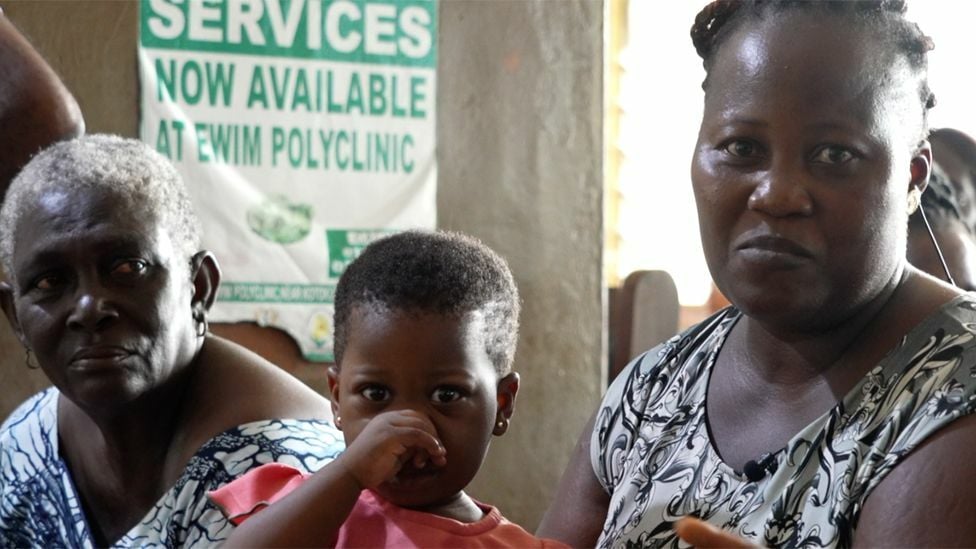Nurse recruitment crisis: Ghana’s health system suffers as UK beckons

A growing number of nurses are leaving countries like Ghana to work in high-income nations, leading to concerns about a “brain-drain” and its impact on healthcare systems in poorer countries. In 2022, over 1,200 Ghanaian nurses joined the UK’s nursing register, as the National Health Service (NHS) increasingly depends on staff from non-EU countries to fill vacancies. Howard Catton, from the International Council of Nurses, expressed concern about the situation, stating, “We have intense recruitment taking place mainly driven by six or seven high-income countries but with recruitment from countries which are some of the weakest and most vulnerable which can ill-afford to lose their nurses.”
Ghana’s health system is struggling due to the loss of specialist nurses who seek better-paid jobs overseas. Gifty Aryee, head of nursing at Greater Accra Regional Hospital, revealed that her Intensive Care Unit alone had lost 20 nurses to the UK and US in the last six months, with severe consequences. “Care is affected as we are not able to take any more patients. There are delays and it costs more in mortality – patients die,” she said.
Similarly, at Cape Coast Municipal Hospital, deputy head of nursing services Caroline Agbodza shared that 22 nurses had left for the UK in the past year. “All our critical care nurses, our experienced nurses, have gone. So we end up having nothing – no experienced staff to work with. Even if the government recruits, we have to go through the pain of training nurses again.”
Smaller clinics are also feeling the impact of staff migration. Dr Justice Arthur, the chief doctor at Ewim Health Clinic in Cape Coast, explained the far-reaching effects of losing even a single nurse. “Let’s take services like immunisation of children. If we lose public health nurses, then the babies that have to be immunised will not get their immunisation, and we are going to have babies die,” he told the BBC.
Many Ghanaian nurses are motivated by the prospect of earning significantly more in countries like the UK. Mercy Asare Afriyie, a nurse at Kwaso healthcare centre near Kumasi, stated, “The exodus of nurses is not going to stop because of our poor conditions of service. Our salary is nothing to write home about and in two weeks you spend it. It’s from hand to mouth.” Nurses in the UK can earn more than seven times what they receive in Ghana.
Perpetual Ofori-Ampofo from Ghana’s Nurses and Midwives Association called for more support for the country’s healthcare system. “If you look at the numbers, then it is not ethical for the UK to recruit from Ghana because the numbers of professional nurses compared to trainee or auxiliary nurses is a problem for us,” she said. However, she acknowledged that migration is a right and that the Ghanaian government must do more to encourage nurses to stay.
Ghana is one of 55 vulnerable countries on the World Health Organization’s list with low numbers of nurses per head of population. The UK government recently provided £15m (US$18.6m) to Ghana, Nigeria, and Kenya to help strengthen their healthcare workforces. However, the UK is also considering a formal deal with Ghana, similar to an existing agreement with Nepal, allowing more proactive recruitment in exchange for a sum of money per nurse.
Jim Campbell, the WHO’s Director of Health Workforce, highlighted Brexit’s role in the UK seeking nurses from African countries to fill NHS vacancies. “The labour market is extremely competitive around the world and, having closed off the potential labour market from European freedom of movement, what we’re seeing is the consequences of that in terms of attracting people from the Commonwealth and other jurisdictions.”
Latest Thailand News
Follow The Thaiger on Google News:


























